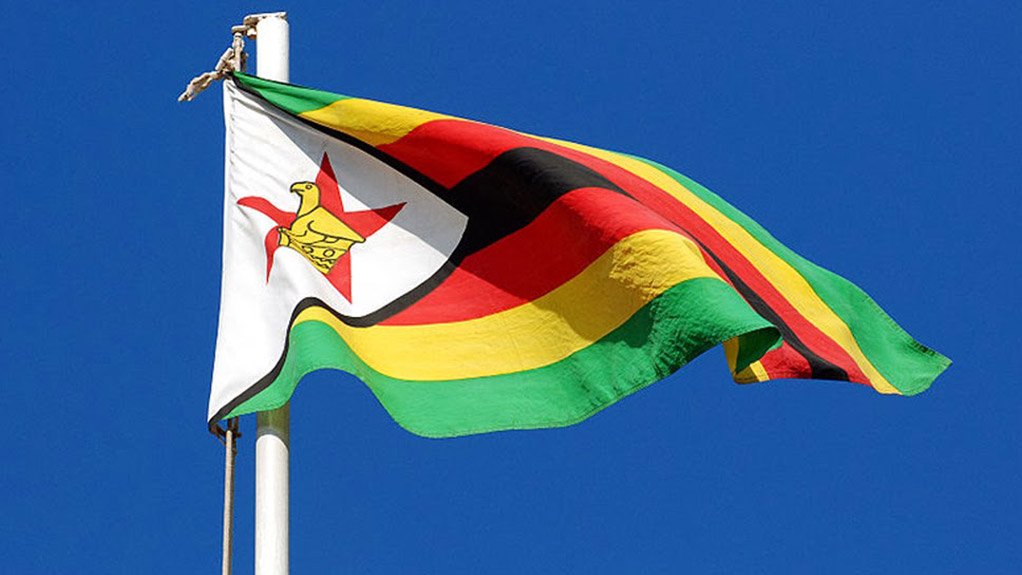Zimbabwe’s Gold-backed currency weakened further against the dollar on Monday after a 43% devaluation on September 27.
The ZiG, short for Zimbabwe Gold, was quoted at 24.88 per dollar on Monday, compared with 24.39 per dollar on Friday, according to data compiled by Bloomberg.
The ZiG was devalued last week in the face of persistent weakness on the unofficial market, amid deep skepticism that the southern African nation’s sixth attempt to stand up a viable local currency since 2009 would succeed.
The central bank also raised interest rates to 35% from 20% and took other measures to shore up the currency, including capping the amount of foreign currency an individual can take out of the country at $2 000, compared with $10 000 before.
Reserve Bank of Zimbabwe Governor John Mushayavanhu, in an interview with the state-controlled Sunday Mail newspaper, said the devaluation would have “a critical shock-absorbing impact on the prevailing excess liquidity in the economy,” which will help anchor inflation expectations.
The ZiG, backed by Zimbabwe’s gold and hard-currency reserves, was introduced in early April to replace the Zimbabwean dollar, which had lost about 80% of its value since the start of the year. ZiG reserves currently stand at $380-million, Mushayavanhu said in the interview.
Previous attempts to launch a Zimbabwean currency were undermined by the central bank printing money to finance government borrowing, something Mushayavanhu has repeatedly said won’t happen on his watch. Still, serious economic challenges remain for a nation that has lacked access to global capital markets since 1999 after defaulting on its debts.
“While this is a positive step, it is unlikely to be a one-time adjustment,” analysts at Oxford Economics wrote in a research note. “The country’s wide current account and fiscal deficits, along with limited access to external capital markets, will continue to place significant pressure on the currency.”
EMAIL THIS ARTICLE SAVE THIS ARTICLE
To subscribe email subscriptions@creamermedia.co.za or click here
To advertise email advertising@creamermedia.co.za or click here











